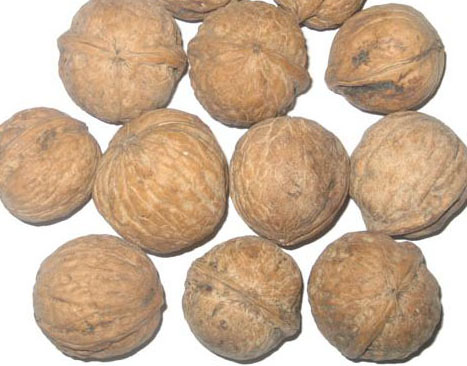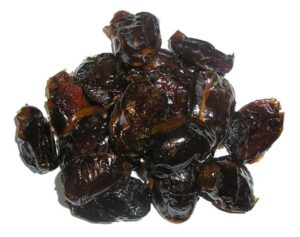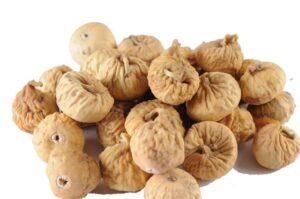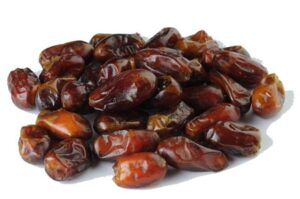A Lucrative Market Opportunity for Global Suppliers
Russia’s growing demand for walnuts offers an exciting export opportunity for walnut producers worldwide. Known for its increasing consumption of nuts and healthy snacks, Russia is an appealing market for high-quality walnut exporters. This guide explores the demand for walnuts in Russia, compliance requirements, and strategies for successful market entry to help you export walnuts effectively. Exporting Walnuts to Russia.

Why Export Walnuts to Russia? A Look at Market Demand
Walnuts are becoming increasingly popular among Russian consumers due to their health benefits and versatility in cooking and baking. The shift towards healthier lifestyles has boosted the demand for walnuts in Russia, especially for imported, premium varieties.
- Rising Health Awareness: Russian consumers are embracing nuts like walnuts for their high Omega-3 content, antioxidants, and vitamins, which support heart and brain health.
- Culinary Versatility: Walnuts are used widely in Russian cooking, from salads and baked goods to traditional dishes. The demand for versatile ingredients makes walnuts a popular choice.
- High Demand for Imported Walnuts: While Russia produces walnuts domestically, imported walnuts are often preferred for their quality, larger size, and taste, creating opportunities for exporters.
Types of Walnuts Popular in Russia
Understanding the preferences of Russian consumers can help exporters tailor their offerings to maximize appeal in the market.
- Chandler Walnuts: Known for their light color, larger kernels, and mild flavor, Chandler walnuts are a top choice among Russian consumers.
- Shelled Walnuts: Shelled walnuts are particularly popular due to their convenience, with demand for clean, intact pieces that can be used easily in cooking and snacking.
- Organic and Premium Varieties: Russia’s urban consumers are increasingly interested in organic walnuts, providing an added opportunity for exporters who meet organic certification standards.
Compliance and Regulatory Requirements for Exporting Walnuts to Russia
Russia has established regulatory and quality standards for importing food products like walnuts. Meeting these requirements is essential to ensure smooth entry and build credibility with Russian buyers.
Key Documentation and Certifications for Exporting Walnuts
- Phytosanitary Certificate: This document confirms that the walnuts are free from pests and diseases, ensuring they meet Russia’s agricultural health standards.
- Certificate of Origin: Required for customs clearance, this document specifies the origin of the walnuts, which can impact import tariffs and duties.
- Quality Certification: Imported walnuts must meet Russian quality standards, including tests for contaminants, moisture content, and pesticide residue. A quality certification can help verify that your product meets these requirements.
- Organic Certification (if applicable): Organic walnuts are gaining popularity among Russian consumers. If exporting organic walnuts, ensure they are certified according to Russian or international organic standards.
Packaging and Labeling Standards for the Russian Market
Effective packaging and labeling are critical for exporting walnuts to Russia. Russian consumers value clear information and sustainable packaging choices.
- Labeling in Russian: Labels must be translated into Russian and should display the product name, nutritional information, origin, expiration date, and weight.
- Sealed and Airtight Packaging: Walnuts should be packaged in airtight, moisture-resistant containers to preserve freshness and flavor throughout transit.
- Environmentally Friendly Packaging: Russian consumers are increasingly eco-conscious, so sustainable packaging can enhance your product’s appeal in the market.
Effective Market Entry Strategies for Walnuts in Russia
To succeed in the Russian walnut market, exporters need to adopt strategic distribution, marketing, and partnership methods that align with local consumer preferences.
Partner with Russian Distributors
Working with established distributors can simplify the process of entering the Russian market. A local distributor can help you reach a wider range of retail outlets, including supermarkets, health food stores, and online platforms popular among Russian consumers. This partnership can also support product promotions and marketing in the Russian language.
Leverage E-Commerce and Digital Channels
E-commerce is expanding rapidly in Russia, offering a prime opportunity to reach tech-savvy consumers who prefer online shopping for imported food products. Russian platforms like Ozon and Wildberries are popular for buying groceries and health foods, making them ideal for selling your walnuts directly to consumers.
Highlight Health Benefits in Marketing
Russians value the health benefits of natural foods, so emphasizing the nutritional advantages of walnuts, such as their heart health and cognitive benefits, can help your product stand out. Marketing strategies can include engaging local influencers, collaborating with wellness platforms, or creating Russian-language content to build brand awareness.
https://driedfruitexporter.com/can-we-eat-walnu…during-pregnancy/



